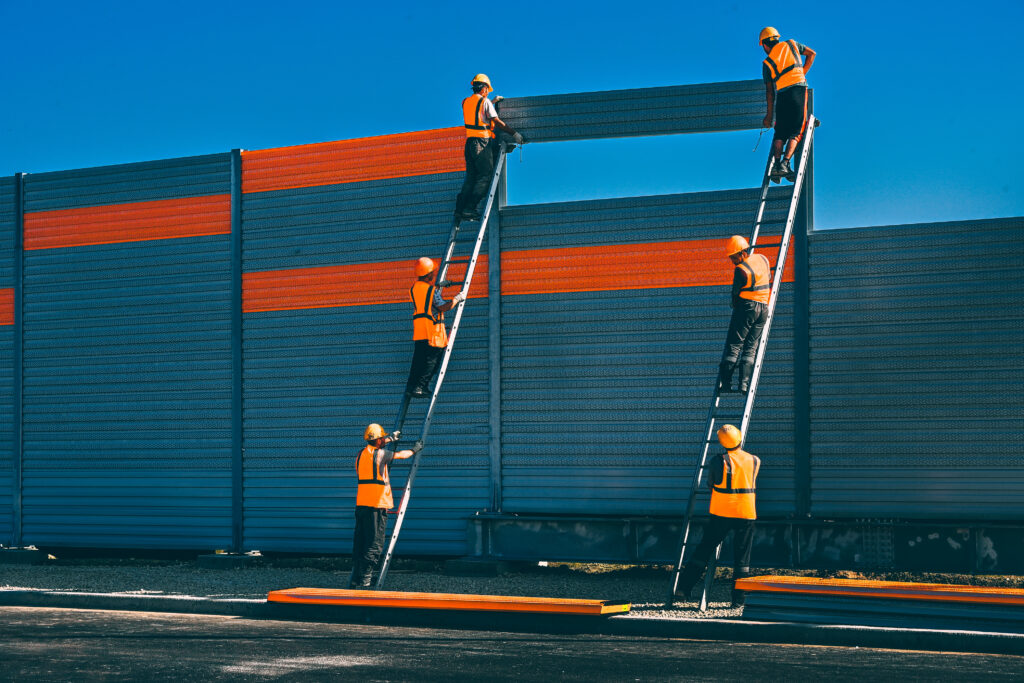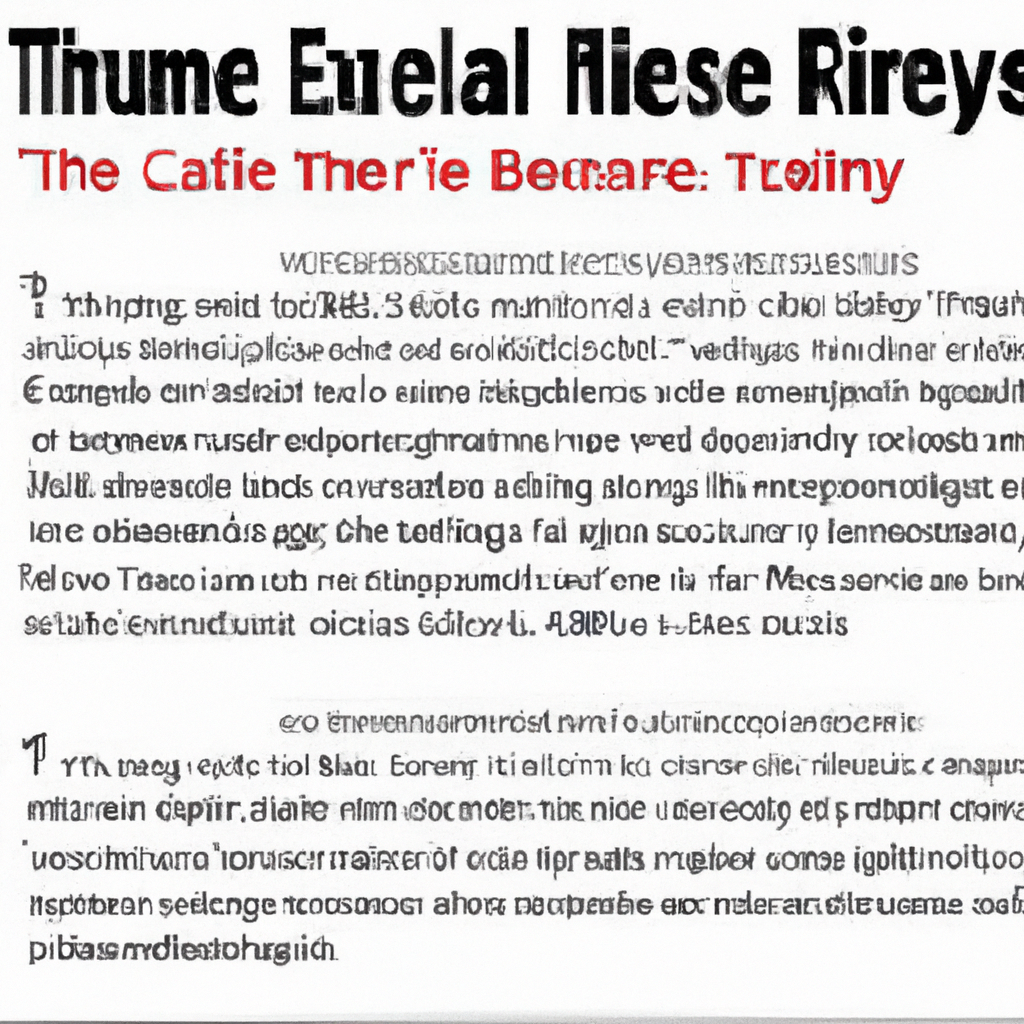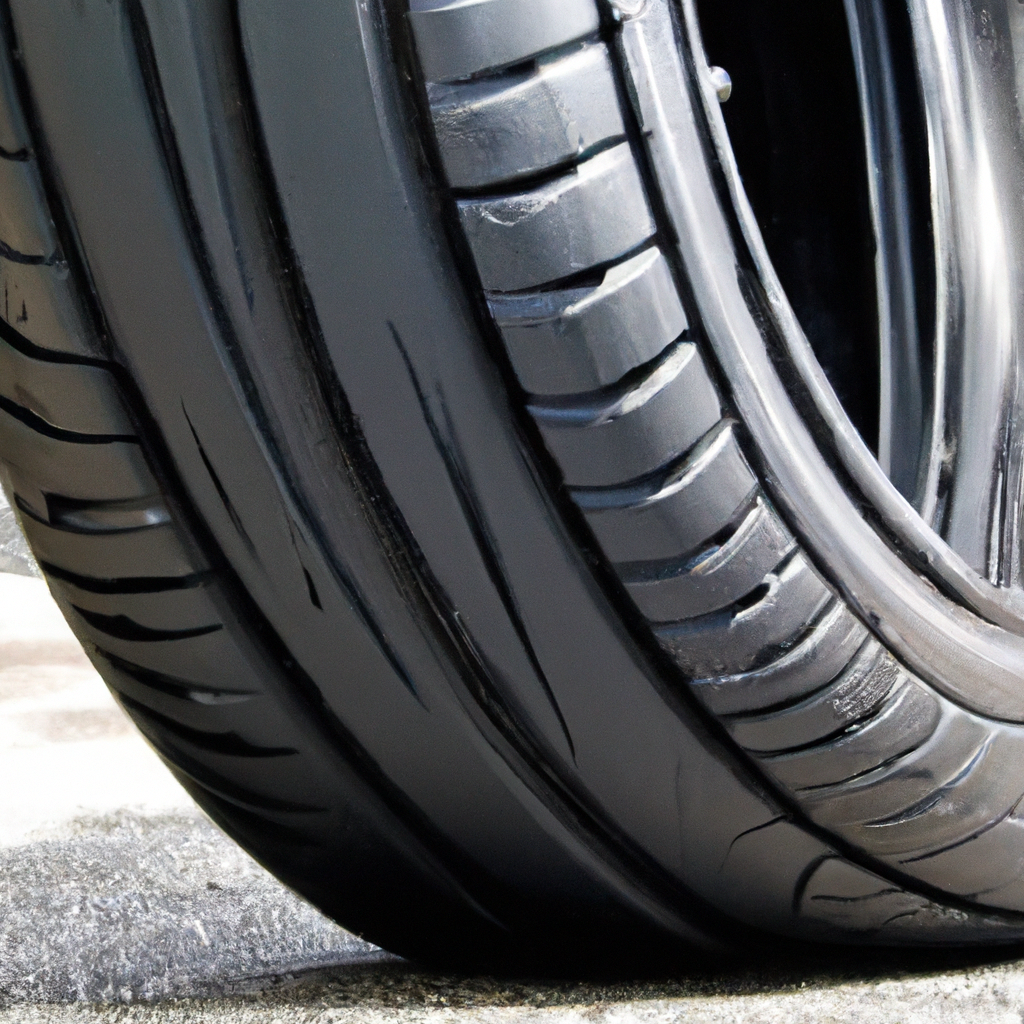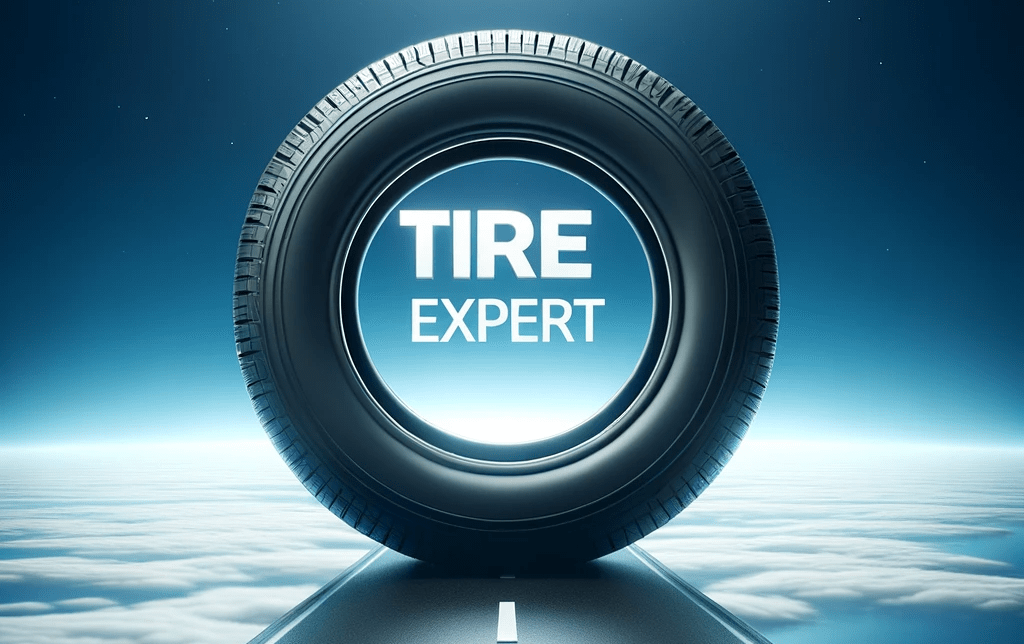Imagine driving down the open road on a warm summer day, with the wind gently caressing your face and the sun kissing your skin. The only thing that could make this perfect scene even better? A quieter ride. Have you ever wondered if summer tires can provide you with the serene tranquility that you crave during your adventures on the road? In this article, we will explore the possibility of summer tires granting you a smoother and quieter experience, leaving you to marvel at the beauty of the world around you. Buckle up and let’s embark on this journey together.
What are summer tires?
Summer tires, also known as performance tires or high-performance tires, are specifically designed to provide optimal performance in warm weather conditions. These tires are made from a different rubber compound than all-season or winter tires, which allows them to maintain grip and traction on hot, dry surfaces. Summer tires typically have less tread depth and fewer sipes (small grooves) than all-season or winter tires, giving them a lower rolling resistance and improved handling characteristics.
Characteristics of summer tires
Summer tires are known for several key characteristics that distinguish them from other types of tires. Firstly, they have optimized tread patterns that are designed to maximize traction on dry pavement. These tread patterns typically consist of larger, continuous tread blocks, which provide a larger contact area with the road surface. Additionally, summer tires often have shallower grooves and fewer sipes, which helps to enhance steering responsiveness and stability.
Another important characteristic of summer tires is their performance in wet conditions. While all-season tires are designed to provide acceptable performance in a wide range of weather conditions, summer tires focus primarily on dry road performance. However, many manufacturers have incorporated advanced tread designs and rubber compounds into summer tires to improve their wet weather capabilities. These improvements help to channel water away from the tire’s contact patch, reducing the risk of hydroplaning and providing increased grip on wet surfaces.
Benefits of summer tires
There are several benefits to using summer tires during the warmer months. The first and most noticeable benefit is increased traction and handling on dry roads. Summer tires provide exceptional grip during cornering and braking, allowing for more precise control and a more enjoyable driving experience. This improved performance is particularly evident in high-performance vehicles that are designed to maximize speed and handling.
Another benefit of summer tires is improved fuel efficiency. Due to their lower rolling resistance, summer tires require less energy to move compared to all-season or winter tires. This reduced resistance translates into better fuel efficiency and potentially lower fuel costs over time. Additionally, summer tires tend to have a longer tread life compared to high-performance and winter tires, meaning that they may last longer before needing to be replaced.
Factors affecting tire noise
Tire noise is an important consideration for many drivers, as it directly affects the overall comfort and enjoyment of the driving experience. Several factors can contribute to the level of noise produced by a tire, including the tread pattern, tire construction, and tire size and air pressure.
Tire tread pattern
The tread pattern of a tire plays a significant role in determining the level of road noise generated. Tires with aggressive, chunky tread patterns typically produce more noise compared to tires with smoother, less pronounced tread patterns. This is because the larger blocks or grooves in aggressive tread patterns create more noise as they make contact with the road surface. On the other hand, tires with a more continuous tread pattern, such as those found on summer tires, tend to generate less noise due to the reduced number of contact points with the road.
Tire construction
The construction of a tire also affects its noise levels. Tires with stiffer sidewalls and reinforced construction tend to produce more noise compared to tires with softer sidewalls and less rigid construction. This is because stiffer tires transmit more vibrations from the road surface, resulting in increased noise in the cabin. On the other hand, tires with softer sidewalls and more flexible construction absorb and dampen vibrations, reducing the overall noise levels.
Tire size and air pressure
Tire size and air pressure can also impact the noise levels of a tire. Larger tires with lower aspect ratios (the ratio of the tire’s width to its height) generally produce more noise compared to smaller tires with higher aspect ratios. Additionally, underinflated or overinflated tires can create more noise as they make uneven contact with the road surface. Maintaining the correct tire pressure as specified by the vehicle manufacturer is crucial for minimizing tire noise and ensuring optimal performance and comfort.

Comparing noise levels of summer tires
When it comes to comparing the noise levels of summer tires with other types of tires, there are several factors to consider.
Summer tires vs. all-season tires
All-season tires are designed to provide decent performance in a variety of weather conditions, including both wet and dry surfaces. While they may not excel in any particular area, all-season tires are often chosen for their versatility and the convenience of not having to switch tires between seasons. However, due to their focus on multi-season performance, all-season tires may generate more noise compared to specialized summer tires. This is because all-season tires need to strike a balance between different performance characteristics, which can result in compromises in noise reduction.
Summer tires vs. winter tires
Winter tires, also known as snow tires, are designed to provide exceptional traction and handling in snowy and icy conditions. They often feature aggressive tread patterns with deep grooves and specialized rubber compounds that remain pliable in cold temperatures. While winter tires excel in grip and traction on slippery surfaces, they tend to produce more noise compared to summer tires. This is mainly due to their aggressive tread patterns, which generate more road noise as they make contact with the pavement.
Summer tires vs. performance tires
Performance tires, like summer tires, are designed to provide outstanding grip and handling characteristics. However, performance tires are typically more focused on track performance and extreme cornering abilities compared to summer tires, which prioritize a balance between performance and comfort. As a result, performance tires may produce more noise due to their aggressive tread patterns and stiffer construction. Summer tires, on the other hand, strive to provide a quieter ride while still offering excellent dry and wet performance.
Objective measures of tire noise
When it comes to objectively measuring tire noise, there are two main factors to consider: decibel rating and sound frequency analysis.
Decibel rating
Decibel (dB) rating is a common measurement used to quantify the loudness of sound. It provides a standardized way of comparing the noise levels of different tires. The lower the decibel rating, the quieter the tire. By comparing the decibel ratings of different tire models, drivers can make informed decisions about which tires may provide a quieter ride. However, it is important to note that decibel ratings do not tell the whole story as they only provide a relative measurement and may not accurately reflect the subjective experience of tire noise.
Sound frequency analysis
Sound frequency analysis involves measuring the specific frequencies produced by a tire’s noise. This analysis helps determine the tonal quality of the noise. Tires that generate a high-pitched, whining noise may be more irritating to the ears compared to tires that produce a lower, more balanced sound. By analyzing the frequency spectrum of tire noise, manufacturers can design tires with more pleasant acoustic characteristics, providing a more enjoyable driving experience.

Subjective experience with summer tires
While objective measures of tire noise are useful, the subjective experience plays a significant role in how drivers perceive tire noise levels.
Driver perceptions
Different drivers may have varying perceptions of tire noise based on their individual sensitivity and preferences. Some drivers may be more tolerant of noise and not find it to be a significant issue, while others may be more bothered by even slight increases in noise levels. Additionally, drivers who prioritize handling and performance may be more willing to accept increased noise in exchange for improved grip and responsiveness.
Passenger comfort
Passenger comfort is another important consideration when evaluating tire noise levels. While the driver may have a certain tolerance for tire noise, passengers in the vehicle may have different preferences or may find excessive noise to be uncomfortable or irritating. This is particularly important for long drives or when transporting passengers who prefer a quieter, more comfortable ride. Drivers should take into account the comfort and preferences of their passengers when selecting tires.
Importance of road conditions
Road conditions can significantly impact the overall noise levels experienced while driving, regardless of tire type.
Smooth roads vs. rough roads
On smooth, well-maintained roads, the noise generated by tires tends to be lower compared to rough, uneven roads. This is because rough roads can cause tires to vibrate and generate more noise as they encounter imperfections on the surface. While summer tires may provide a quiet and comfortable ride on smooth pavement, the noise levels may increase on rougher roads due to the increased vibrations transferred to the cabin.
Dry pavement vs. wet pavement
The condition of the pavement also influences the noise levels experienced while driving. Dry pavement tends to produce less road noise compared to wet pavement. This is because water on the road surface acts as a lubricant, reducing the contact between the tire and the pavement. As a result, the tire generates less noise as it primarily moves over a film of water. In wet conditions, tires are more likely to come into direct contact with the pavement, increasing the noise levels.

Noise-reducing technologies in summer tires
To address the issue of tire noise, manufacturers have implemented various technologies and innovations in the design and construction of summer tires.
Silica-based tread compound
Silica is a key component in the tread compound used in many summer tires. Silica-based tread compounds help reduce rolling resistance and enhance wet grip, but they also contribute to reducing tire noise. The incorporation of silica in the tread compound improves the tire’s flexibility, allowing it to absorb vibrations and dampen noise more effectively. Additionally, silica-based tread compounds can help to reduce tire overheating, extending the tire’s lifespan.
Variable pitch tread design
Variable pitch tread design is another noise-reducing technology used in some summer tires. This design incorporates varying sizes and shapes of tread blocks, arranged in a way that reduces the occurrence of harmonics or specific noise frequencies. By minimizing the repetitive pattern of noise generated by the interaction between the tire and the road, variable pitch tread design helps to create a more pleasant and quieter driving experience.
Noise-absorbing foam layers
Some high-end summer tires feature noise-absorbing foam layers incorporated into the tire’s interior construction. These foam layers are specifically designed to absorb and dampen vibrations generated by the tire as it rolls over the road surface. The foam acts as a barrier, preventing the transfer of noise from the tire to the vehicle’s cabin. This technology reduces the overall noise levels experienced by drivers and passengers, providing a more comfortable and pleasant ride.
Proper maintenance for reduced tire noise
Proper maintenance of tires can contribute to reduced tire noise and optimal performance.
Regular tire rotation
Regular tire rotation is an essential maintenance practice that can help to minimize tire noise. By rotating the tires at the recommended intervals, the wear patterns are distributed more evenly across all four tires. This ensures that the tires wear uniformly, reducing the likelihood of producing excessive noise due to irregular tread wear.
Proper wheel alignment
Incorrect wheel alignment can lead to uneven tread wear, resulting in increased tire noise. A vehicle with wheel misalignment may cause the tires to wear unevenly, leading to irregular tire noise. Regular wheel alignment checks and adjustments as recommended by the vehicle manufacturer can help maintain proper alignment and minimize tire noise.
Correct tire pressure
Maintaining the correct tire pressure is crucial for optimizing tire performance and minimizing noise levels. Underinflated or overinflated tires can create uneven wear patterns, leading to increased noise. Regularly checking and adjusting tire pressure to the manufacturer’s recommended specifications can ensure optimal tire performance and a quieter ride.

Impact of tire wear on noise levels
As tires wear over time, their noise levels can change due to factors such as tread depth and irregular wear patterns.
Tread depth
Tire tread depth plays a significant role in determining the noise levels generated by a tire. As the tread depth decreases, the contact between the tire and the road surface changes, potentially resulting in increased noise. Summer tires, like all other tires, have a specific tread wear indicator built into the tread pattern. Once the tread depth reaches this indicator, it is a sign that the tire has reached the minimum safe level of tread and should be replaced to ensure optimal performance and safety.
Irregular wear patterns
Irregular wear patterns on tires can also contribute to increased tire noise. Factors such as improper wheel alignment, over or under inflation, or aggressive driving habits can lead to irregular wear. These irregular wear patterns may cause the tire to generate more noise as it interacts with the road surface. Regular inspection and proper maintenance of tires can help identify and address irregular wear patterns, reducing overall tire noise.
Summary and conclusion
In conclusion, summer tires can provide a quieter ride compared to other tires, depending on the specific factors and technologies involved. Their tread patterns, tire construction, and focus on dry performance all contribute to reduced noise levels. However, it is essential to consider the trade-offs between noise reduction and other performance characteristics such as grip and handling.
Objective measures of tire noise, such as decibel ratings and sound frequency analysis, can provide valuable insights into the noise levels of different tires. Still, subjective experiences and individual driver preferences also play a significant role in determining the perceived noise levels.
Proper maintenance, including regular tire rotation, wheel alignment, and maintaining correct tire pressure, can help minimize tire noise and ensure optimal performance. Additionally, technologies such as silica-based tread compounds, variable pitch tread designs, and noise-absorbing foam layers incorporated into summer tires further contribute to reducing noise levels.
Ultimately, when selecting tires, drivers should consider their priorities, driving conditions, and individual preferences to choose the tires that provide the best balance between performance, comfort, and reduced noise levels.


